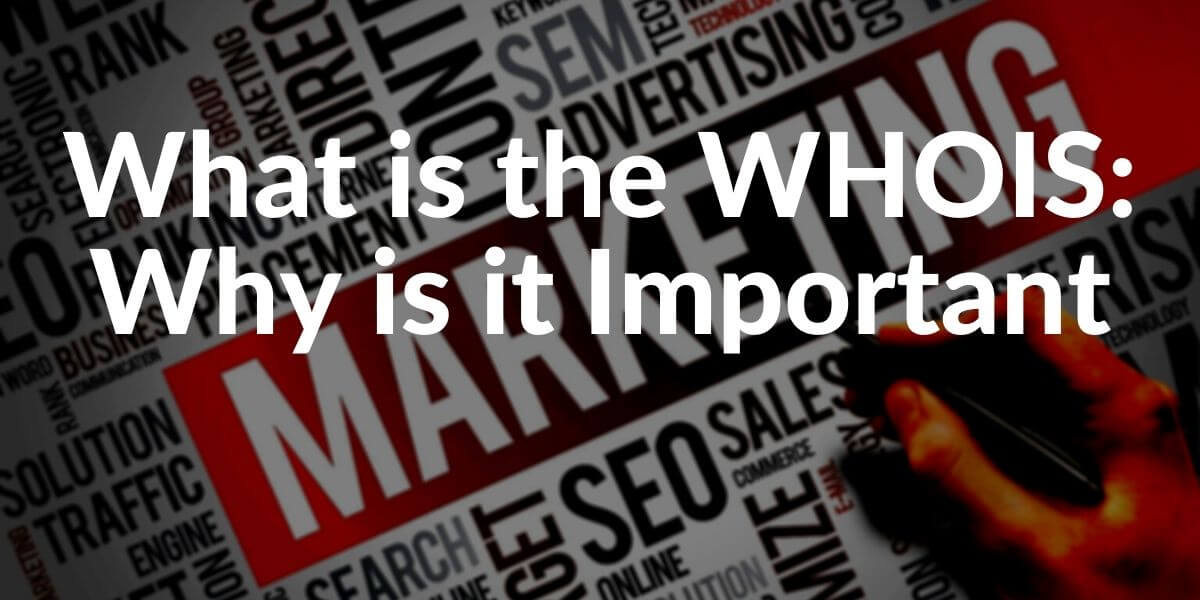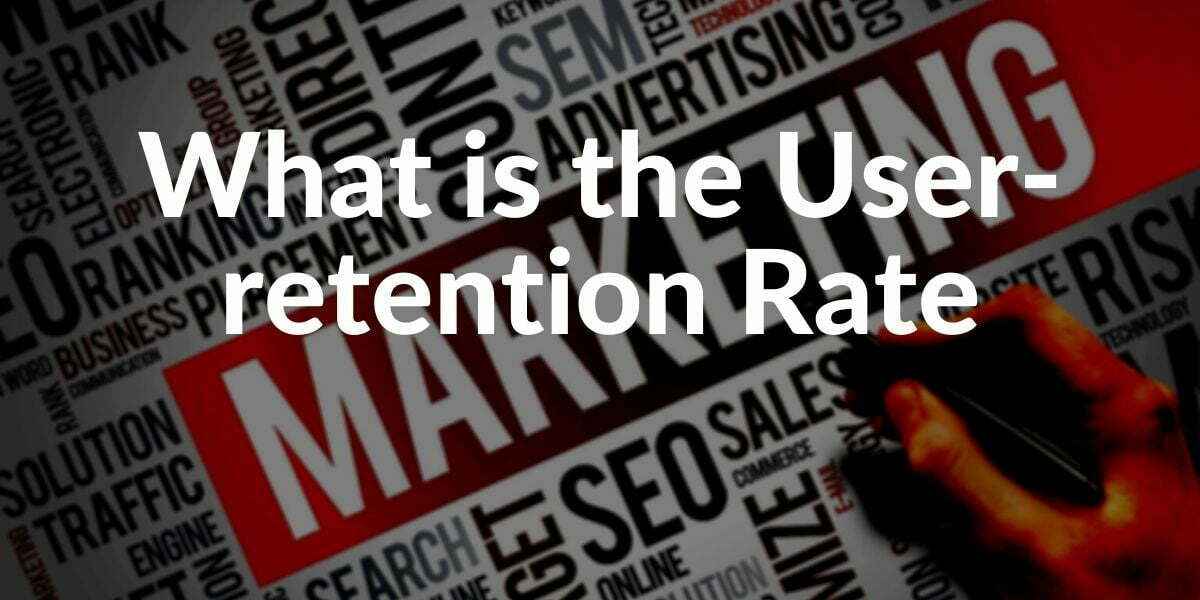A WHOIS (Who is?) Query gives you information about the owner data of a domain or you can find out whether the domain is still free. The query can include via web hosts and is freely accessible to everyone.
While there are numerous registries for domains today, only DARPA, the Defense Advanced Research Projects Agency, was responsible for this at the beginning of the Internet age. With more and more domains, more and more registrars were added, which also increased data misuse, e.g. to use the collected email data for spam. In the meantime, strict rules apply to the WHOIS query, so that not all data stored by the registrars are accessible.
Some Similar Topics and Guidelines for WHOIS:
- What is an IP Address?
- What is a Proxy Server?
- What is the HTTP Status Code?
- How to Perform DNS Reverse Lookup with Python Modules?
What is the purpose of WHOIS Query?
The WHOIS protocol provides you with data on the owner and Admin-C (Administrative Contact). The Admin-C is the technical support for the website. If there is no imprint, this is the only way to contact the operator or owner of the site.
The request can be made for very different reasons, such as.:
- You want to buy a domain and find the right contact person.
- You have technical problems with a page.
- They believe that the site violates certain rights.
- What does the WHOIS data contain?
- Which data is stored depends on the respective registration authority, e.g. for .de domains from DENIC, for .eu domains from EURid. As a rule, the information also differs depending on whether the registration was made for commercial or private reasons.
The data basically contains the information from the imprint of the associated website, i.e. information such as name and location. You will also receive information about the web host, the name or contact details of the technical contact, as well as data about when the domain was registered by whom.
How does the WHOIS Query Work?
Each registrar has its own domain database. You can, therefore, carry out the query via the relevant places, e.g. via a list by ICANN, the Internet Corporation for Assigned Names and Numbers.
The alternative: You use one of the numerous WHOIS online queries, e.g. who.is or whois.net or the query options with web hosts. However, the data for some countries can be accessed via other kinds of institutions such as .de domains can only be accessed via DENIC.
What does WHOIS do for SEO?
The data of a WHOIS query can also be relevant for search engine optimization, especially in the branding process. Here, on the one hand, contact details can be collected for cooperation or link exchange, on the other hand, the information is used to find out whether the site or the owner is serious and thus cooperation is possible. In the course of branding and outreach, it also makes sense to use WHOIS to check whether the page owner owns other domains to prevent the page desired for cooperation from belonging to a link network.
Other ways to use the WHOIS query for SEO:
- Determine the age of a domain: older domains are usually easier to optimize and also domains with long purchase time can be taken more seriously by Search Engines because it gives trust signals for the business. Also, the searcher may want to see whether a domain is still free
- Expired Domains: WHOIS provides information about when these domains are available again. These can be used for your own projects because they generally have good prerequisites with regard to backlinks and domain trust.
- IP lookup: In addition to querying a domain, querying IP addresses is also possible. This enables you to determine which pages or page owners access your own pages and consequently find out which companies are interested in you and your offer.
- Domain Legacy Penalty Check: Legacy Domain Penalty means that the domain which is being purchased was punished by the Search Engine’s Manual Action Team before. When the new owner purchases the domain, he/she has to remove the manual action via Search Console and Reconsideration request. Thanks to WHOIS, a buyer can check the domain’s status and IP Adress along with its past to make a healthy guess.
WHOIS as a ranking factor
Search engines such as Google use the data in the WHOIS if they suspect spam. Here Google can see whether a website operator has many websites. If this is the case, it may be that the latter has created a network of links with the help of these websites, which has artificially improved the link popularity and the PageRank. Such networks are always punished by Google.
In addition, the trust of the site plays an increasingly important role for Google. In relation to the WHOIS query, this means that the query information should match the contact information on the page. Keeping WHOIS information open also can help Search Engines to see the owner’s identity of the web site.
Further information on ranking factors: Searchmetrics study
Data protection at WHOIS and WHOIS Privacy
A WHOIS query may only be used for the purposes mentioned above, e.g. a contact can be used for cooperation or for clarifying technical difficulties. It is illegal to use the data to send commercial messages in bulk.
Overall, however, public access to this data complies with data protection. Automatic queries are e.g. prevented by captcha input. Many web hosts also offer WHOIS protection. Here you have to enter contact details such as address or email, but they will not be published or encrypted when queried.
Many domain registrars offer services such as “domain privacy”, “WHOIS protection” or “private registration” that remove your personal contact information from the WHOIS entry. Because these records are public, spam marketers often search them for email addresses.
Whois data protection is not available for .co.uk, .de, .uk or some .ca domains.
WHOIS is a fundamental institution for the web. Definition, function and its relevance to the SEO is important for the Holistic SEOs.
- Sliding Window - August 12, 2024
- B2P Marketing: How it Works, Benefits, and Strategies - April 26, 2024
- SEO for Casino Websites: A SEO Case Study for the Bet and Gamble Industry - February 5, 2024


